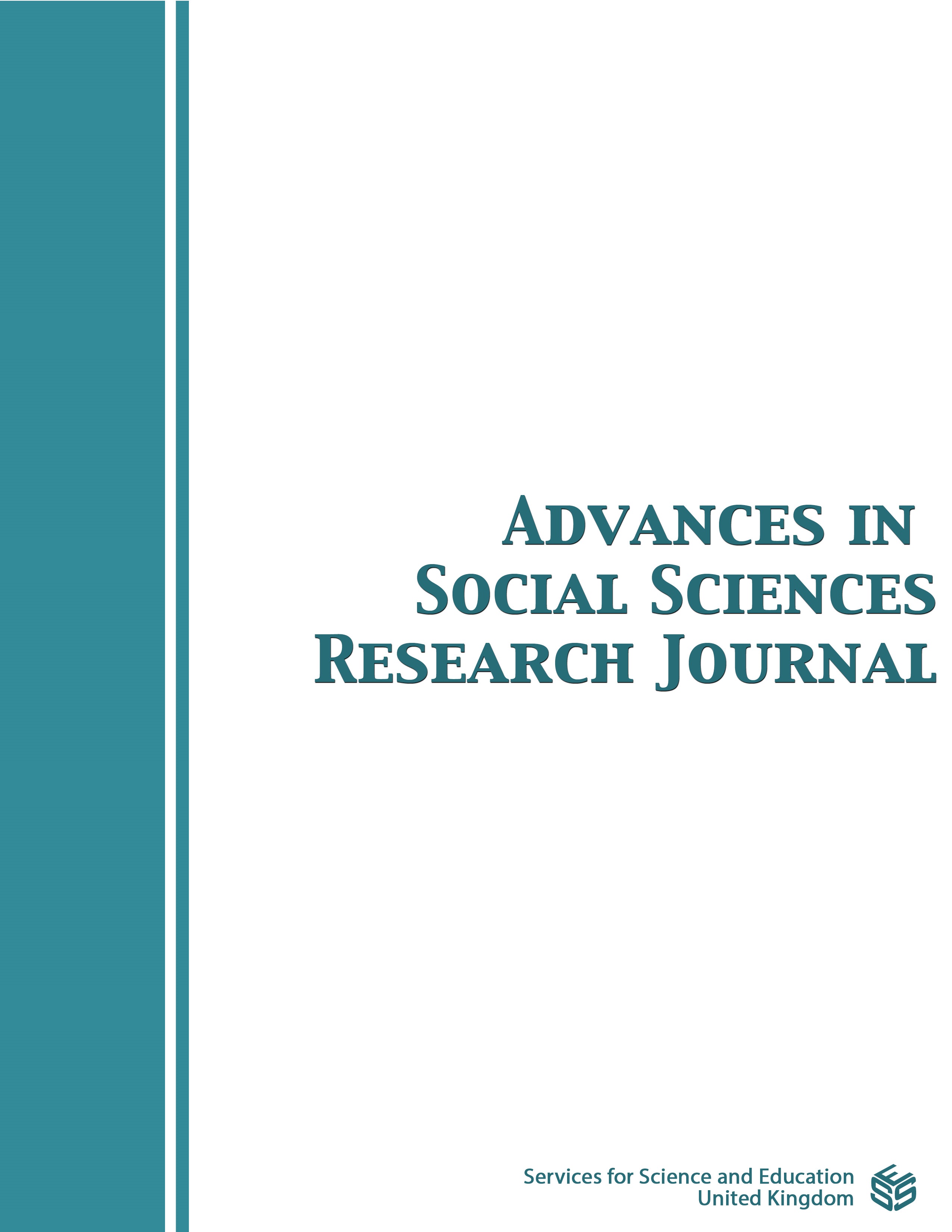Pedagogical Approaches for Meeting Gifted Students’ Needs: Literature Review
DOI:
https://doi.org/10.14738/assrj.113.16628Keywords:
Acceleration, Grouping, Enrichment and Differentiation, gifted studentsAbstract
In recent decades, there has been significant interest internationally level in the field of gifted education, which has led to a vast amount of research. This widespread interest stems from recognising what might be seen as the intrinsic value of developing giftedness. Nurturing gifted students has become an essential part of the mainstream educational system of developed countries. Furthermore, more countries around the world are now becoming aware of the potential benefits of investing in gifted education and the role that such investment can play in their growth and development. However, many gifted students may not receive educational opportunities that match their abilities and needs as instruction in regular classroom settings is usually not tailored to meet the needs of more gifted learners. Much research has shown that gifted children need tailored educational opportunities for their talents to flourish and to stimulate their individual potential in appropriate environments. This paper reviews and analyses the relevant literature on the pedagogical approaches to meeting gifted students’ needs. The four main approaches to meeting diverse students’ needs, comprising acceleration, grouping, enrichment and differentiation, are discussed to explore and understand how to provide adequate support for gifted students.
Downloads
Published
How to Cite
Issue
Section
License
Copyright (c) 2024 Mansour Shubrum Alsuwailimi

This work is licensed under a Creative Commons Attribution 4.0 International License.
Authors wishing to include figures, tables, or text passages that have already been published elsewhere are required to obtain permission from the copyright owner(s) for both the print and online format and to include evidence that such permission has been granted when submitting their papers. Any material received without such evidence will be assumed to originate from the authors.






